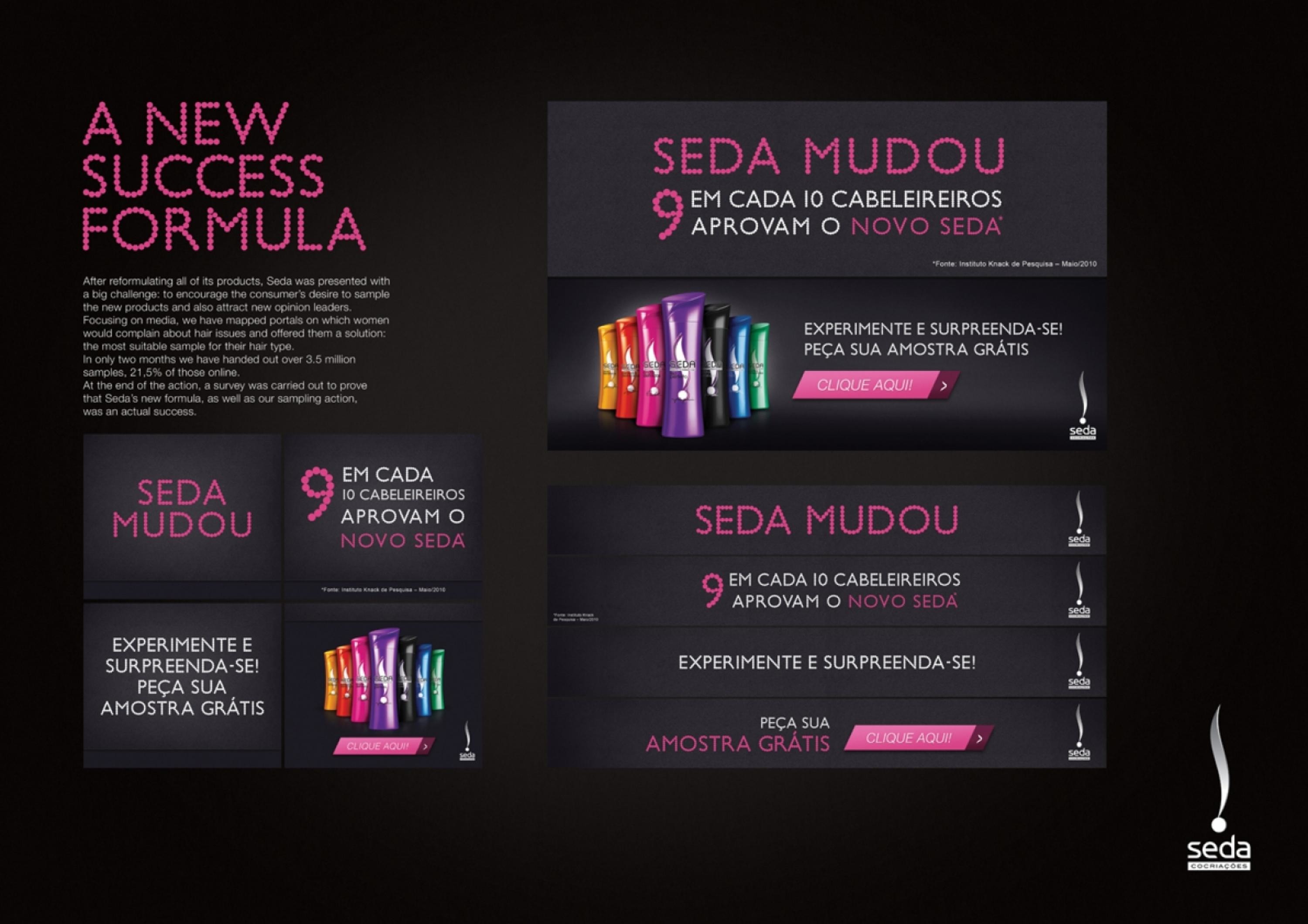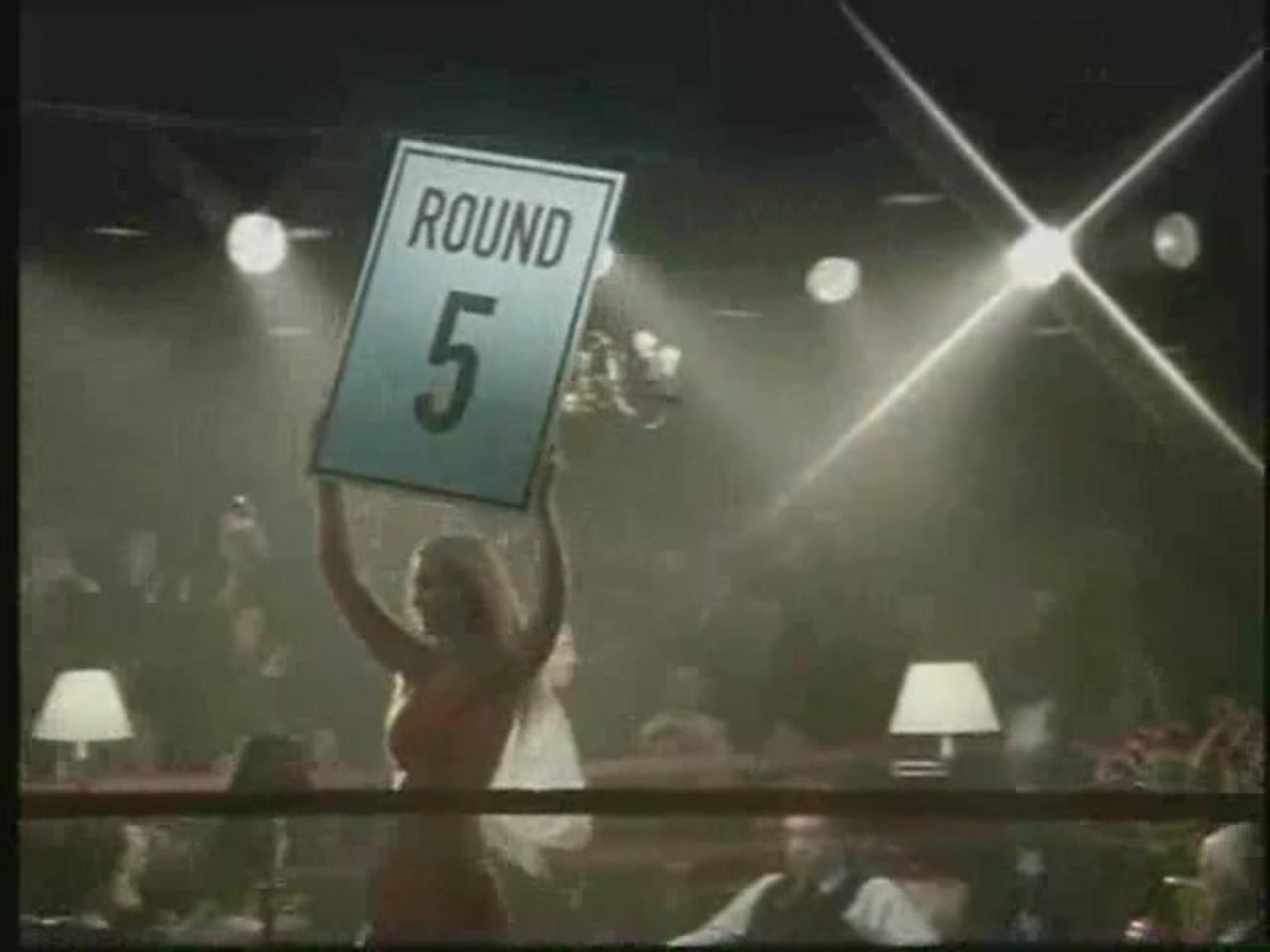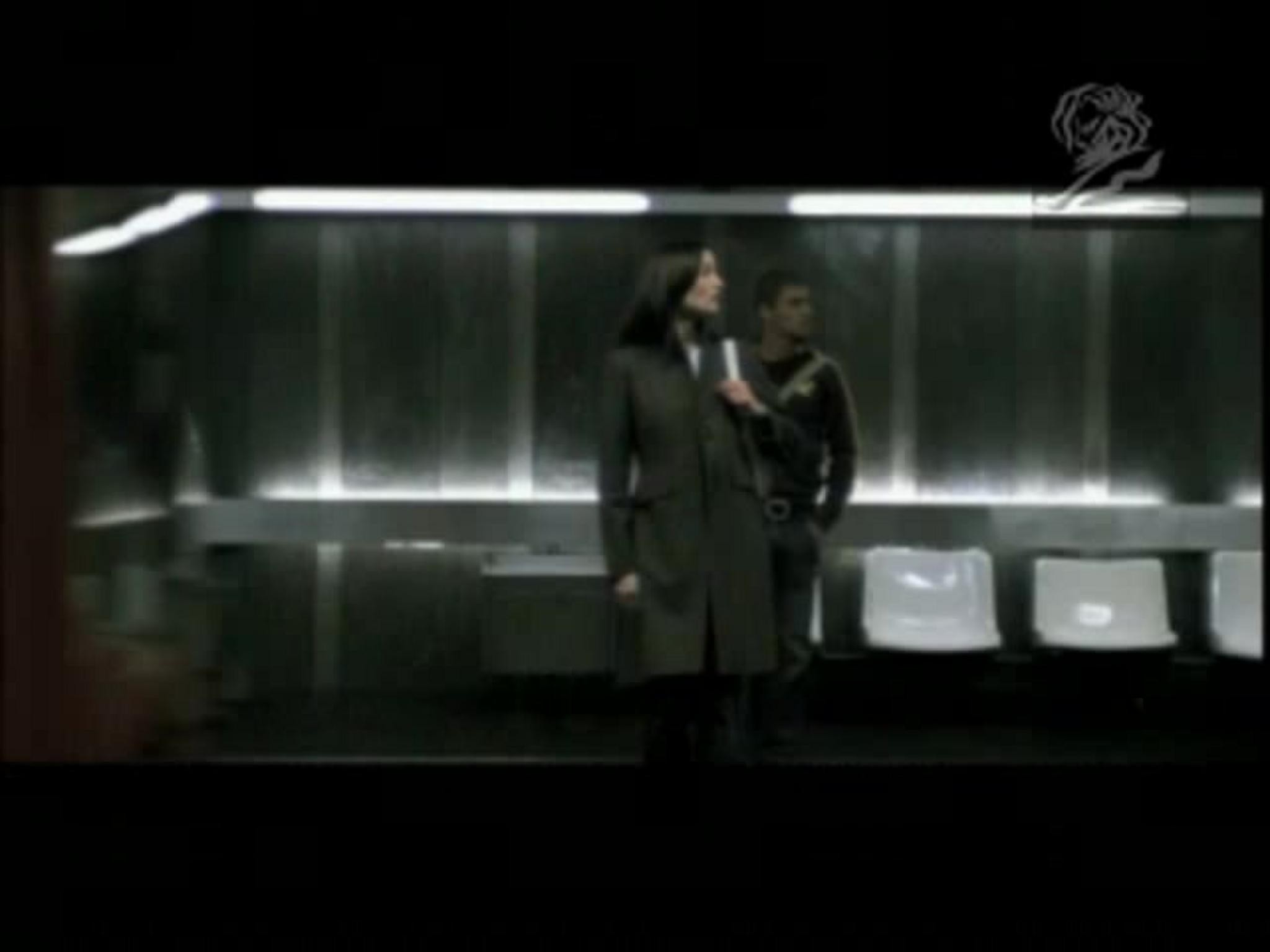Cannes Lions
H is for Handwashing
LOWE LINTAS, Mumbai / UNILEVER / 2022


Overview
Entries
Credits
Overview
Background
Lifebuoy was born more than a hundred years ago, when infectious diseases were the primary cause of death. Armed with a mission to "make cleanliness commonplace", Lifebuoy has ever since placed itself in the service of the public's health, actively championing good hygiene (recently, with "Help a Child Reach 5"). Today, Lifebuoy is the world's number one soap brand and a trusted hygiene expert.
Amidst the ongoing COVID-19 pandemic, the importance of handwashing with soap was thrust into the global spotlight. Yet, although handwashing rates spiked initially, they also started dramatically declined soon after. This has been an ongoing struggle for over 100 years across various pandemics.
With the world emerging from lockdown, embedding good handwashing habits has never been more critical. It is critical for the world to commit to hand hygiene; or we risk a deadly, continuous cycle of COVID-19 and the genesis of further pandemics.
Idea
We developed one of the simplest, most scalable and most effortless to execute ideas: ‘H for Handwashing’. It focuses on how, for generations, children have been taught letters of the alphabet through simple associations with everyday references such as ‘A’ for Apple, ‘B’ for Ball and ‘C’ for Cat. Lessons they never forget. Ever.
The idea is simply this: Lifebuoy wants to fundamentally change how the letter ‘H’ is taught. No longer will ‘H’ stand for Horse, Hat or even Home. ‘H’ must stand for Handwashing.
A simple intervention that introduces the concept of handwashing to children at the right age, making it a widespread and common habit that is learnt early but lasts a lifetime.
Strategy
In order to future-proof humanity against pandemics, we identified a precise primary target audience: Pre-school and primary school kids. To reach them, we needed to engage a secondary target audience: Schools, Ministries of Education and NGOs. They were the most important partners and the true ‘influencers’ for our task.
The insight: The first lessons of life are the ones that are hardcoded in us.
UNICEF’s early childhood development research demonstrates that supporting the right interventions in the early years of life significantly bolsters development. Early learning and language skills go hand in hand in establishing patterns and memory.
Our strategic approach, then, was to hardcode handwashing in one of the first lessons we all learn. A simple intervention that would introduce the concept of handwashing to children at the right age, making it a widespread and a common habit that is learnt early but can last a lifetime.
Description
Context:
Lifebuoy is Unilever’s hygiene soap, born over a hundred years ago in Victorian England, when infectious diseases and germs were the primary cause of death. Armed with a mission to ‘make cleanliness commonplace’, Lifebuoy has ever since placed itself in the service of public health, actively championing good hygiene. Today, Lifebuoy is the world's number one germ protection soap brand and a trusted hygiene expert.
Lifebuoy’s goal is to futureproof the world against infectious disease outbreaks, by evangelising the preventative habit of handwashing with soap in an affordable, effective, easy-to-implement and scalable way.
Challenge:
Humanity has a problem. All of us find it inherently challenging to stick with good habits over the long term. Even during Covid-19, while the importance of handwashing with soap was thrust into the global spotlight, studies showed that though handwashing rates spiked initially, they also started to decline dramatically in the middle of the pandemic. While we do want to persist with healthy habits, we find it hugely challenging to stick with them over the long term.
According to a 2020 global study, 4 out of 5 people do not wash their hands after using the toilet. This problem is even more acute in developing nations, where health departments experience shortages of resources, challenges in implementation and an inability to grapple with the sheer scale of the multiple challenges being faced in these geographies.
The pandemic revealed to us one of the deepest problems plaguing humanity, the habit gap. A gap that could potentially cripple the world again in future outbreaks.\
Insight: The first lessons we learn in life are the ones stay with us.
UNICEF’s early childhood development research demonstrates that supporting the right interventions in the early years of life significantly bolsters development. Early learning and language skills go hand in hand in establishing patterns and memory.
Strategy:
Our strategic approach then, was to hardcode handwashing in one of the first lessons we all learn – our ABCs. A simple intervention that would introduce the concept of handwashing to children at the right age, making it a widespread and a common habit that is learnt early, but can last a lifetime.
The Idea: ‘H is for Handwashing’
For generations, children have been taught letters of the alphabet through simple associations with everyday references such as ‘A’ is for Apple, ‘B’ is for Ball and ‘C’ is for Cat and so on. Lessons they never forget. Ever.
The idea was simply this: Fundamentally change how the letter ‘H’ is taught. No longer will ‘H’ stand for Horse, Hat or even Home. ‘H’ must stand for Handwashing.
A simple intervention that introduces the concept of handwashing to children at the right age, making it a widespread and common habit that is learn early but lasts a lifetime.
Execution
At the centre of the execution was our unique audience – pre-schoolers. The channel: the classroom; the media: the alphabet chart used by teachers everyday to teach children the alphabet.
The idea was kept simple to resonate globally. Children all over the world learn language and letters as part of their curriculum. This made the idea highly customizable, e.g. in Indonesia where Handwashing is ‘Cuci Tangan, the idea got executed as ‘C’ for ‘Cuci Tangan’.
Education also needs advocacy, we also deployed an omnichannel campaign including across social media, PR and on-ground engagements via teachers, parents, educators, policymakers and governments.
We garnered support from one of the world’s most popular children’s content experts - Sesame Workshop and none other than Elmo brought the message of H is for Handwashing to children everywhere. World renowned author Ruskin Bond, celebrities and brand ambassadors in all key geographies also amplified
Outcome
The biggest campaign achievements was that we persuaded governments to change a century-old curriculum. The Education Ministry of India and the Department of Basic Education in South Africa along with other countries made all efforts to advocate “H for Handwashing'' making our educational materials reach over 21,000 schools.
Reached 30,000 centers and 11.78 million learners across the world.
Garnered a total estimated reach of 250+ million (social media + earned media). Won the support of more than 100 celebrities and KOLs along with 66+ NGOs globally and earned an estimated PR value of €2.7 million.
The World’s Largest Virtual Classroom featuring Elmo from Sesame Workshop had participants from over 35 countries and broke the Guinness World Record at a global level, which is a first for the brand.
New alphabet books were developed by none other than national-award winning author Ruskin Bond and 2012 World Poetry Slam Champion Harry Baker.
Similar Campaigns
12 items







